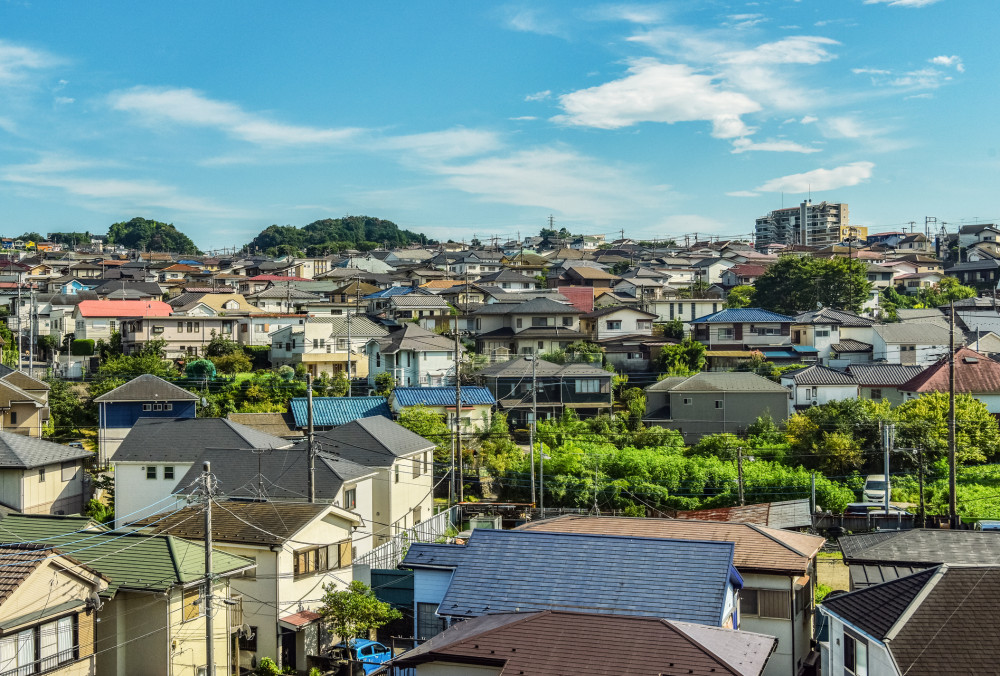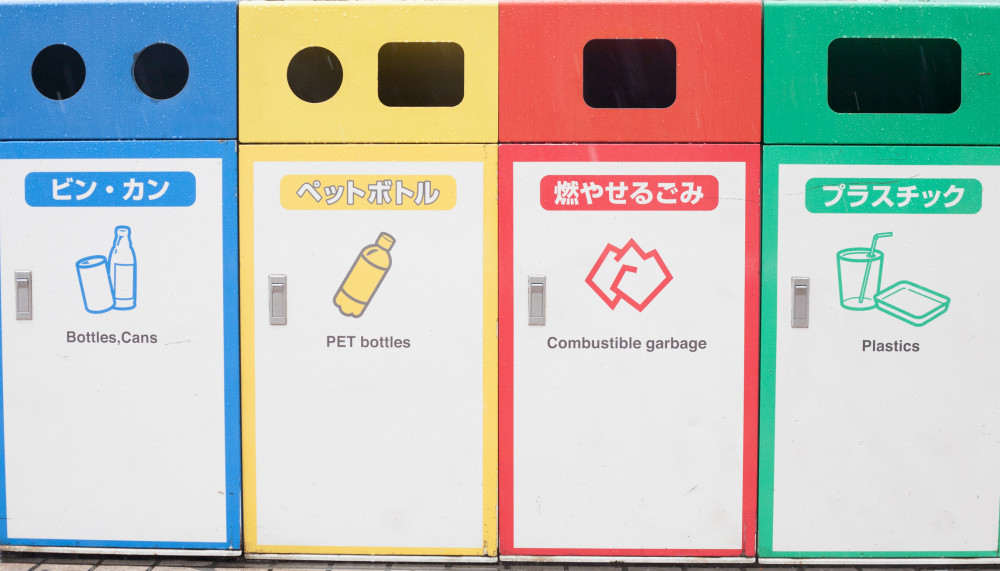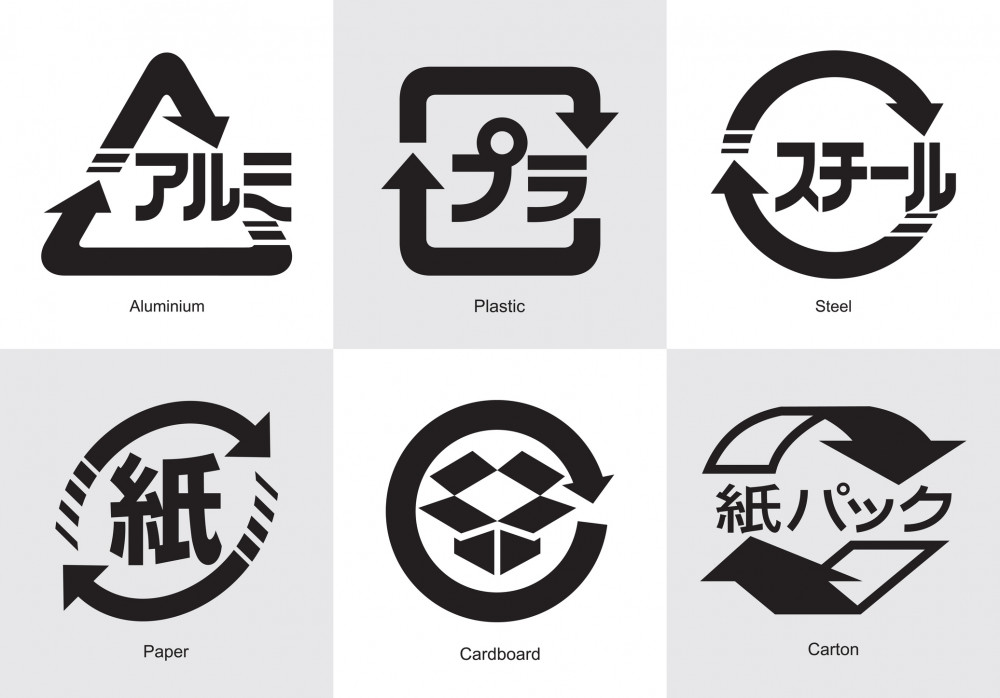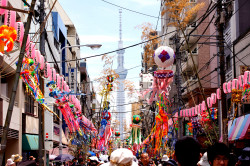
May 23, 2024
Is Communication the Way Out of “Xenophobia” in Japan?
How the lack of communication creates false beliefs about foreigners’ intentions
By Xiaochen Su
In a short speech on May 1, U.S. President Joe Biden made a casual remark about how the anti-immigrant policies of China, India and Japan are holding back their economic development. John Kirby, a National Security Council communications adviser, tried to clarify Biden’s statement the following day but the comment had already incited outrage in Japan.
It took only a day for the Japanese embassy in Washington, DC to call the comment “unfortunate” because it misunderstands Japanese immigration policies. Worse yet, Japanese citizens took to social media to criticize Biden’s statement, arguing that it overlooks the unique aspects of Japan – a nation known for its geographic constraints, cultural homogeneity and history of isolation.
Japan is not “Xenophobic”…to a Point
Calling Japan “xenophobic” might have been too strong a word for President Biden to use, especially since Japan had a record number of 3.2 million foreign residents in 2023. The country has been attracting more and more foreign tourists as well. The number dipped due to the pandemic but has climbed back up to 25.07 million in 2023, showing a strong recovery.
Foreign residents pay university tuition fees, work for Japanese companies, and consume various products and services sold in Japan. Contrary to Biden’s comment, these foreigners almost certainly contribute positively to the Japanese economy.
However, it is important to note that a country’s policies welcoming the presence of a foreign population does not always mean that the “native” general public is also welcoming. And it is here that Biden’s comment may find more truth.
A February 2024 survey revealed that most Japanese living in towns with a high foreign population do not interact with them. More than half stated they are against welcoming more foreign residents. Many cited them as a source of social disorder. Areas in Japan with above-average exposure to foreigners have seen neither greater social integration nor mutual trust between Japanese and non-Japanese residents.

Sorting out Misunderstandings
What is the “social disorder” that the Japanese residents are so afraid of?
A survey from August 2023 asked Shinjuku residents about their concerns. It turns out that nearly half of the Japanese people surveyed are worried that foreigners do not know how to throw away trash properly. This concern is the top one, far ahead of the second biggest worry – that foreigners are too noisy.
Various Japanese media outlets have acknowledged the complexity of Japan’s garbage sorting rules. The detailed rules for sorting trash in Japan can be frustrating, especially for those not familiar with the Japanese language. Residents must sort different types of garbage, use specific bags, and take them out on different days depending on the area. The complexity can be so taxing that one company, Shiraishi Group, has received rave reviews from foreign residents for collecting unsorted garbage at a reasonable price.
Doing it the Right Way is Not Hard – If You are Japanese
Yet, given that most Japanese residents have been following the trash sorting rules for decades, the perceived complexity is more about unfamiliarity than actual difficulty. This unfamiliarity can often be resolved through neighborly communication, but foreign residents are frequently left out of these helpful exchanges.
When a Japanese person moves to a new town, they can simply ask the town council or neighbors to learn the local trash sorting rules. However, with most of their neighbors not talking to them, the newbie foreign resident may feel frustrated by the lack of support. This can lead them to throw out garbage incorrectly, assuming they are right if no one corrects them.
When foreign residents don’t sort their garbage correctly, some Japanese interpret this as being done on purpose. They may see it as the foreigner not caring or even refusing to follow local customs.
To the Japanese neighbors watching quietly, a foreigner’s honest confusion, frustration, and helplessness might seem like they are deliberately causing trouble. Without more communication between the Japanese and non-Japanese residents, these misunderstandings will likely continue.
Bridging the Gap
Of course, “getting people talking” will not be easy. The language barrier will exist and even without it, Japanese people’s reservations about talking to strangers would ensure that compelling neighborly chitchats will not happen overnight.
But neighbors do not need to be the only ones communicating the rules. The local government can do more by using clear signs, written notices and straightforward penalties to help people learn quickly and follow the rules on their own.
The solution may be, in essence, to formalize what could previously characterized as the informal norms of throwing out the garbage. Rather than getting disapproving looks for mistakes, people who throw out the wrong kind of garbage should get a notice. This notice should explain what they did wrong in multiple languages and a possible fine if necessary.
Indeed, to encourage people to follow Japan’s many unwritten social norms, there needs to be greater communication to clear up any unfair suspicions about foreigners. It’s not realistic to expect everyday people to initiate these conversations in a culture where people often keep to themselves.
But if governments can step up and clarify these norms in formal writing, it will show that foreigners are not trying to cause trouble and are eager to fit in when given clear instructions. An imagined xenophobia, then, can be replaced by a more friendly and cooperative coexistence.

If you want to know how Japanese people live overseas, make sure to read our article about the Japanese community in New York: Japan in New York







